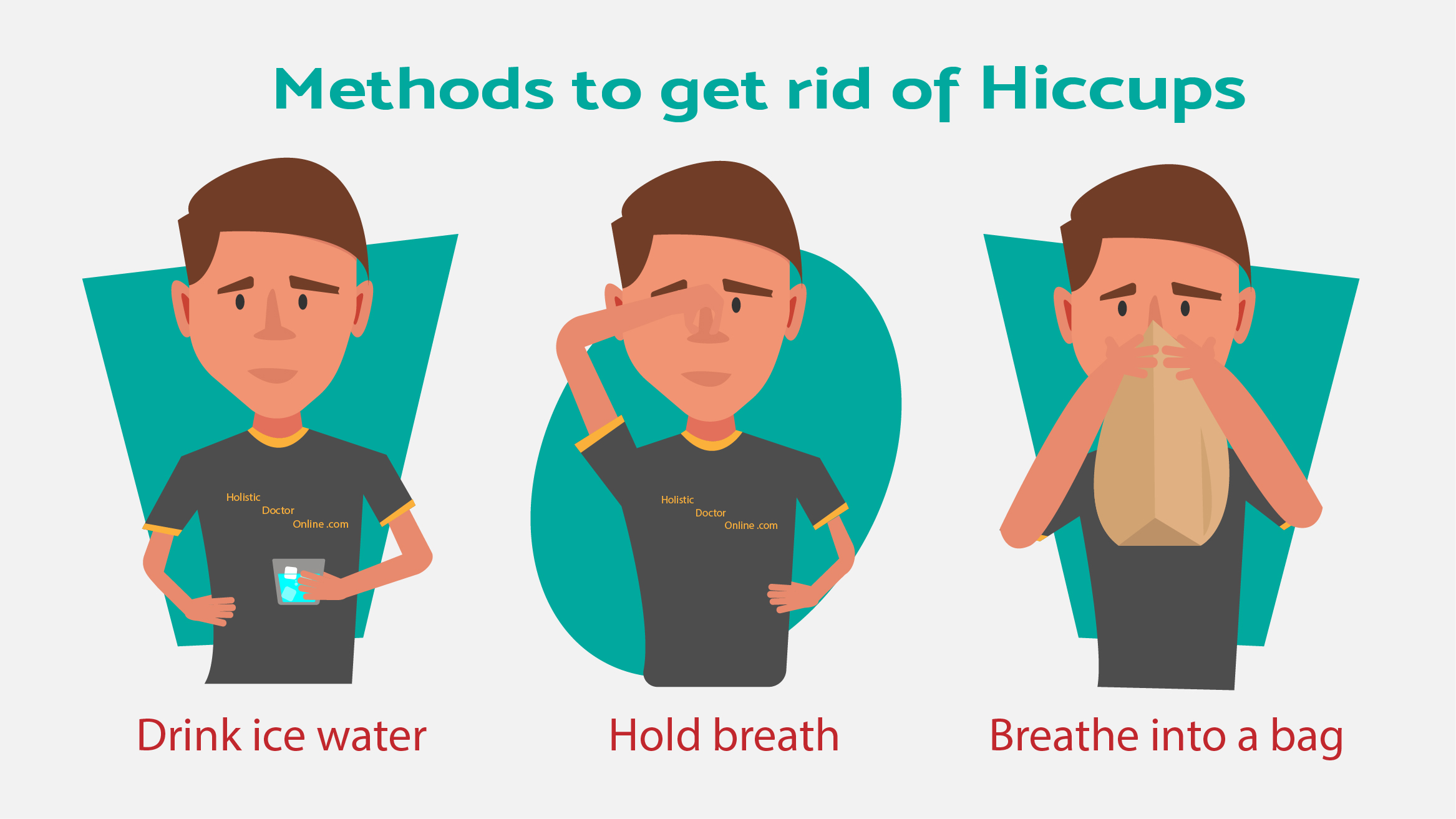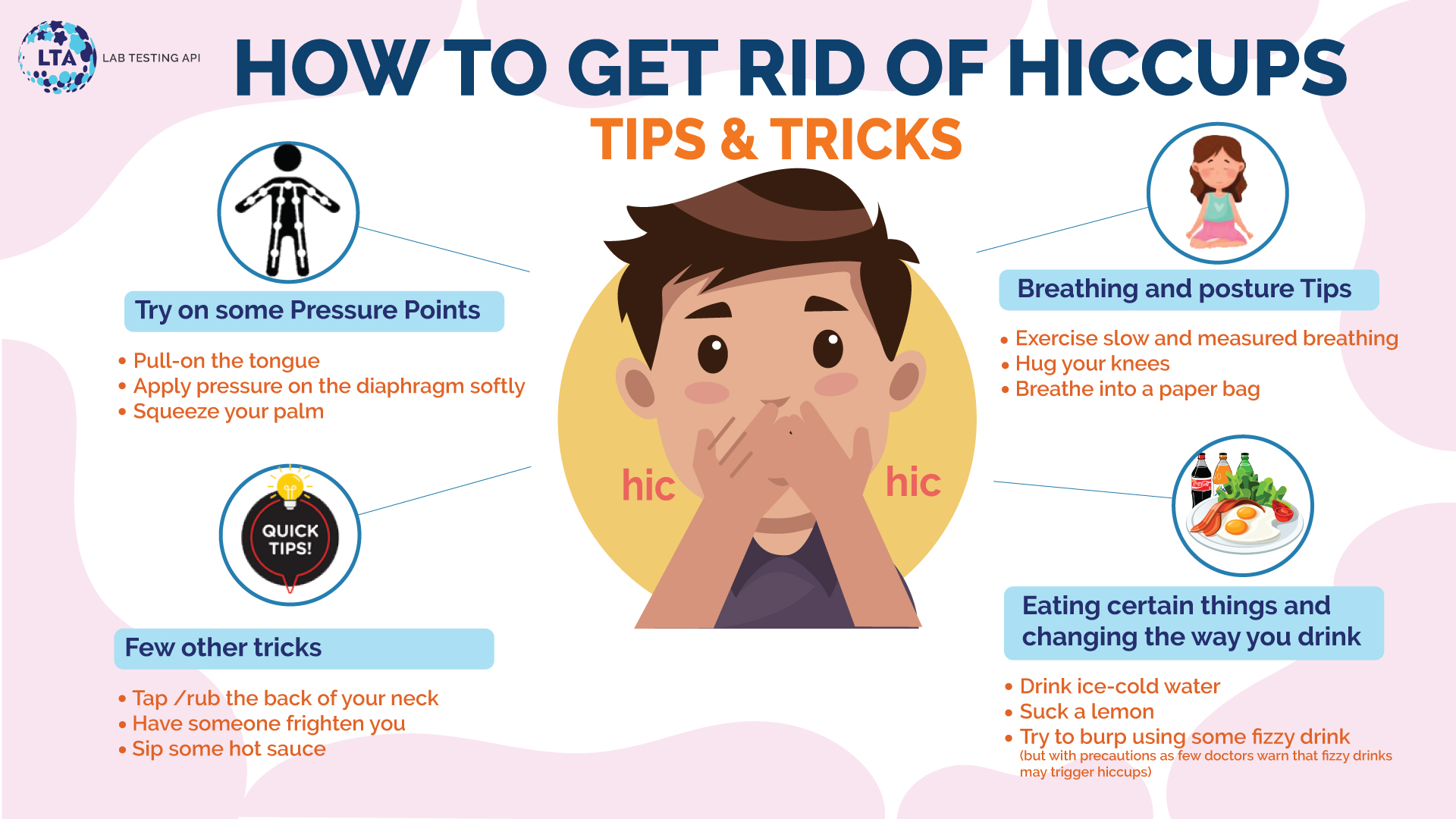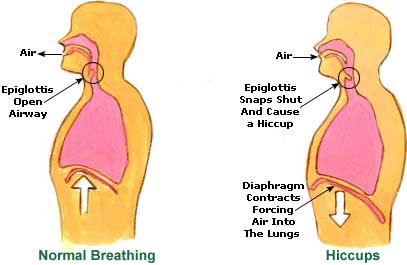Hiccups: How To Train Your Dragon (and Ourselves) When Those Pesky Spasms Strike
Detail Author:
- Name : Alexa Reichert
- Username : clare97
- Email : markus83@hotmail.com
- Birthdate : 2001-03-26
- Address : 89142 Strosin Station Veumburgh, OR 23121
- Phone : 781-454-9225
- Company : Streich-Reinger
- Job : Waste Treatment Plant Operator
- Bio : Veniam ad velit enim aut esse. Tempora dolorem et ea velit molestiae sapiente et debitis. Ipsa fuga illum rerum reiciendis.
Socials
instagram:
- url : https://instagram.com/dean.feeney
- username : dean.feeney
- bio : Voluptatibus aut amet sit sequi laboriosam. Tempora saepe sint corporis odit quis et illum.
- followers : 5223
- following : 2931
linkedin:
- url : https://linkedin.com/in/dfeeney
- username : dfeeney
- bio : Magni ipsum deserunt et nihil id beatae est.
- followers : 6596
- following : 1451
facebook:
- url : https://facebook.com/deanfeeney
- username : deanfeeney
- bio : Assumenda cupiditate consequatur dignissimos.
- followers : 5635
- following : 1407
tiktok:
- url : https://tiktok.com/@feeneyd
- username : feeneyd
- bio : Optio quo quia impedit maiores dolor.
- followers : 134
- following : 2682
Have you ever watched a magnificent dragon, perhaps a Night Fury or a Monstrous Nightmare, suddenly get a case of the hiccups? It's a rather funny thought, isn't it? Yet, for us humans, those little involuntary spasms can be a real nuisance. So, we're going to explore this common bodily quirk, looking at it through the fun lens of our favorite scaly companions. It's almost like imagining Toothless trying to breathe fire with a hiccup; it would be quite a sight, you know? This really gets you thinking about how something so simple can affect even the mightiest creatures.
Those sudden "hic" sounds and jolts are pretty universal, apparently. Whether you're a Viking chieftain or just someone enjoying a quiet evening, they tend to pop up without warning. It's a bit of a mystery sometimes why they happen, but they can certainly interrupt your day, or even a good flight on your dragon, in a way. We've all been there, trying every old trick in the book to make them go away, haven't we?
Today, we're going to break down what causes these curious little spasms, both for us and our imaginary dragon friends. We'll look at some gentle, kind ways to help ease them, and perhaps even prevent them from starting. This is all about getting a better handle on hiccups, so you can feel more comfortable, and maybe even help your fictional dragon feel better too, if that makes sense.
Table of Contents
- Understanding Dragon Hiccups (and Human Ones Too!)
- Gentle Training Methods for Hiccuping Dragons
- When Hiccups Get Stubborn: Advanced Dragon Care
- Frequently Asked Questions About Dragon Hiccups
Understanding Dragon Hiccups (and Human Ones Too!)
What Exactly Are Hiccups?
So, what's really going on when you or, say, a Gronckle, starts hiccuping? Well, it's pretty simple, actually. It's all an involuntary contraction of the diaphragm, followed by closure of the vocal cords. This sudden closing is what makes that familiar "hic" sound. The diaphragm, you know, is that big muscle just under your lungs that helps you breathe. When it gets a bit jumpy, that's when the fun starts. This happens without you even thinking about it, which is why they can be so surprising, even for a huge dragon.
This little muscle spasm is something everyone experiences, and it’s usually nothing to worry about. It’s just your body reacting to something. For instance, sometimes you might eat or drink a little too quickly, and your diaphragm gets a bit irritated, that’s just how it goes. It’s a temporary thing, generally speaking, and it often sorts itself out pretty quickly, too.
Why Do Dragons Get Them?
Now, if we think about our dragon friends, why might they get hiccups? Well, it could be for reasons similar to ours, but on a much grander scale, perhaps. Imagine a dragon, a very big one, eating a whole school of fish in one gulp. That's a lot of food going down very fast, isn't it? This kind of quick eating could easily irritate their massive diaphragms, causing those big, rumbling hiccups. It’s almost like they're being a little bit reckless with their mealtime habits, not caring about the possible results of eating so fast.
Sometimes, a dragon might be so excited during flight training, maybe doing a daring dive or a sharp turn, that they gulp in too much air. This sudden intake of air could also trigger a hiccup episode. It’s a bit like when you laugh really hard and suddenly get the hiccups; their intense dragon activities could certainly lead to it. They're just so full of energy, you know, and sometimes that energy needs an outlet, even if it's a hiccup.
Common Hiccup Triggers for Our Scaly Friends
Just like us, dragons might have specific things that set off their hiccups. Fast eating, as we mentioned, is a big one. Think about a dragon gobbling down sheep or fish without a care in the world; that’s a likely culprit. Also, getting overly excited or stressed could do it. A dragon in a tense situation, or one that's just had a thrilling chase, might find itself with a case of the hiccups, too. It’s a physical reaction to strong emotions, apparently.
Another trigger could be a sudden change in temperature. If a dragon flies from a very cold, icy peak down into a warm, humid valley, that shift might upset their system. This is something that affects humans too, so it's a pretty reasonable assumption for dragons. Overindulging in spicy food, if dragons even have such a thing, could also be a factor. Basically, anything that makes their insides a bit jumpy could set them off, you know?
Gentle Training Methods for Hiccuping Dragons
Breathing Techniques
When a dragon gets the hiccups, you can't exactly tell it to hold its breath, can you? But we can adapt some human breathing tricks. Encouraging a dragon to breathe deeply and slowly might help calm its diaphragm. Perhaps a gentle, rhythmic pat on its side, or a soothing hum, could guide its breathing. It’s about creating a calm environment that encourages regular, steady breaths. This is a bit like how we try to regulate our own breathing when we're stressed, so it makes sense.
You could try to get them to focus on a slow, controlled exhale, maybe by showing them how to blow a puff of smoke gently, rather than a big fiery blast. This kind of focused breathing can sometimes reset the diaphragm's rhythm. It's a subtle approach, but sometimes the simplest things work best, especially with creatures as powerful as dragons, you know? It's all about finding that calm spot.
Hydration and Calm
Just like people, dragons need plenty of water. Offering a hiccuping dragon a large, slow drink of water might help. The act of swallowing can sometimes interrupt the hiccup cycle. It's a simple, yet effective, method for humans, and it stands to reason it could work for dragons too. Make sure the water isn't too cold or too hot, just a comfortable temperature, so it doesn't add to any irritation, apparently.
Creating a calm atmosphere is also very important. Loud noises or sudden movements could make the hiccups worse. A quiet, peaceful space where the dragon can relax might be just what it needs. This is where your bond with your dragon really shines; your calm presence can be very soothing. It's almost like a gentle whisper, helping them settle down and find their peace, you know?
Distraction and Play
Sometimes, the best way to get rid of hiccups is to simply distract the person, or in this case, the dragon. A fun game, a gentle scratch behind the ears, or even a tasty treat might shift their focus away from the diaphragm spasm. If a dragon is thinking about something else, its body might just forget to hiccup. This is a pretty common trick we use with kids, so it could work for a playful dragon, too.
Perhaps a flight around the island, but a very smooth and gentle one, could also work as a distraction. The change in activity and focus might be enough to stop the hiccups. It’s about engaging their minds and bodies in a different way, rather than letting them dwell on the hiccuping sensation. It's really about redirection, and that can be quite effective, you know?
When Hiccups Get Stubborn: Advanced Dragon Care
Dietary Adjustments
If a dragon's hiccups are a recurring problem, it might be worth looking at their diet and eating habits. Encouraging them to eat more slowly, perhaps by breaking their meals into smaller portions, could help. This prevents them from gulping down too much food too quickly, which, as we discussed, can be a big trigger. It’s a bit like us trying to eat mindfully, you know, rather than just shoveling food in.
Also, consider what they are eating. Are there certain types of fish or other foods that seem to bring on the hiccups more often? Some foods might be more irritating to their digestive system. A slight change in their menu could make a big difference, so it’s worth trying. This is a pretty practical approach to managing any recurring physical discomfort, actually.
The Power of Patience
Sometimes, hiccups just need to run their course. For both humans and dragons, patience is key. Trying too many different remedies too quickly can sometimes just add to the stress. Just being there, offering comfort and a calm presence, can be the most effective thing you can do. It's a little bit like waiting for a storm to pass; you just have to ride it out, sometimes.
Encourage the dragon to rest, maybe even take a nap. Sleep often helps reset the body's systems, and the hiccups might just disappear while they're snoozing peacefully. A relaxed state is generally more conducive to the body sorting itself out. So, just letting them be, giving them space and quiet, can be a really powerful tool, you know?
Knowing When to Seek "Viking Vet" Advice
While most hiccups are harmless and temporary, very persistent or severe hiccups can sometimes point to a bigger issue. If a dragon's hiccups last for a very long time, say, more than a day, or if they seem to be in pain, it might be time to consult a "Viking vet" or someone with deep knowledge of dragon physiology. This is similar to how we would approach our own health concerns, too.
For humans, prolonged hiccups can sometimes be a sign of something else going on, as noted by medical experts like those at Mayo Clinic, who discuss what causes hiccups. You can learn more about this on their site. So, if a dragon's hiccups are causing them real distress, or if they're accompanied by other unusual symptoms, it's always best to get a knowledgeable opinion. It’s about being responsible for their well-being, naturally.
Frequently Asked Questions About Dragon Hiccups
Can dragons really get hiccups?
In the world of "How to Train Your Dragon," we imagine they certainly could! While dragons aren't real, the physical mechanics of hiccups, like the diaphragm contracting, are very real. So, if dragons had similar anatomy to us, it's pretty easy to picture them having hiccups, especially after a big meal or a lot of excitement. It's a fun way to think about how our bodies work, you know?
What's the fastest way to stop a dragon's hiccups?
There isn't one guaranteed "fastest" way, just like for humans. However, encouraging slow, deep breathing, offering a drink of water, or distracting them with a favorite activity are generally good first steps. These methods aim to calm the diaphragm and shift the dragon's focus. It's about finding what works best for that particular dragon, really.
Are dragon hiccups dangerous?
Generally, no, dragon hiccups are likely not dangerous, just like human ones. They are usually a temporary annoyance. However, if they last for an unusually long time, or if the dragon seems to be in pain or discomfort, then it might be a sign of something more serious. In those rare cases, it's wise to seek advice from someone who understands dragon health, just to be safe. You can learn more about hiccups on our site, and link to this page for more dragon care tips.
So, next time you or your imaginary dragon friend gets the hiccups, you'll have a better idea of what's going on and some gentle ways to help. It's a common little quirk, and with a bit of understanding and patience, it usually passes without much fuss. Just remember to keep things calm and comfortable, and those pesky spasms will likely vanish as quickly as they appeared. We're pretty good at dealing with these things, you know?

Hiccups caused by. Persistent Hiccups: Unveiling Unusual Causes and

How to get rid of hiccups

Hiccups: Home Remedies, Causes, Symptoms, Treatment & Diet